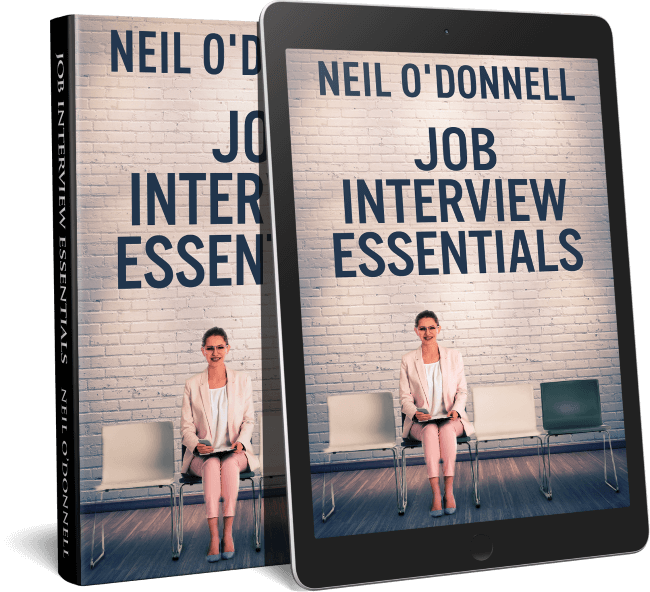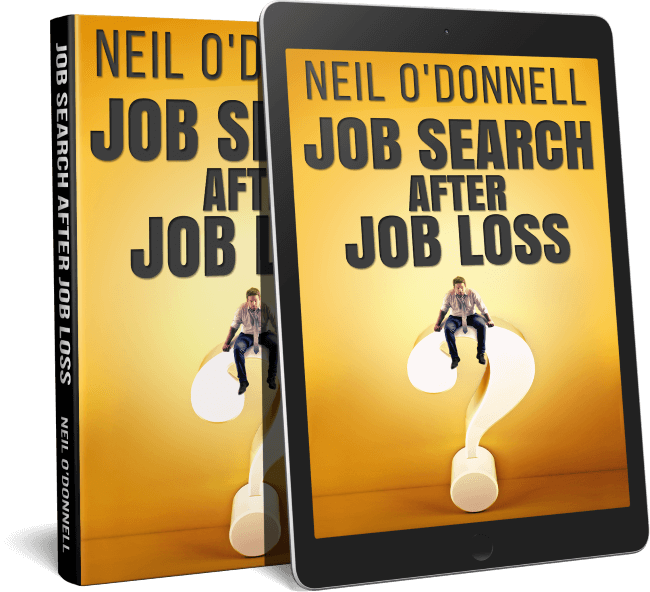Job Interview Essentials
Job Interview Essentials - book excerpt
Chapter 1: Set Appointment and Prep Time
You’ve sent in your résumé and cover letter, waiting a torturous amount of time to hear back, and learning that you indeed have been granted an interview for your dream job. Congratulations! Now what?
Well, you got a couple things that you have to do right away. First, you have to call and select an interview time. Seriously, I’m not even going to attempt to separate the different camps regarding what is the best time to select. In some cases, an employer doesn’t give you a choice. What happens is that the hiring manager or hiring committee sets a time for you and you have no choice but to take the time. Usually, however, you (the interviewee) are given a couple choices of times with which to meet with the hiring manager or hiring committee. If given a choice, I select the morning hour on the first day of interviews. Why? I’m alert in the mornings, whereas in the afternoons I start to lose a lot of energy, and I select the first day partially because I want to get the thing over with (I have some anxiety issues, and waiting for a later interview date would cause me stress I don’t need). I have heard different opinions from different ‘career experts’ regarding what is the appropriate time to select. Some career professionals argue that it is important to take one of the earlier interview slots so that you can make an impression, and those who interview after you will have to live up to your standard. On the other side of the coin, there are career professionals that argue you should select the last or one of the last interview slots to make certain your impact on the hiring manager or hiring committee is fresh in their minds.
Seriously, it’s a mixed bag when it comes to the habits and preferences of hiring managers and hiring committees. For that reason, I encourage my clients to select the time that feels good. If you struggle early in the mornings, don’t select an interview time that’s early in the morning. If, like me, your energy drops off significantly after two or 3 o’clock, choose an earlier interview time. This comes down to you making a decision that is best for your performance. Yes, this is a performance; you are trying to show them the best that you will bring to the job, which is why it’s important to select an interview time suited to your preferences.
Now, before we go on, there’s a couple things I need you to do, or rather questions you need to ask when setting up your interview time. First, ask who will be interviewing you. If it’s more than one person, try to get the names or at least the position titles of the individuals who will be interviewing you. In the event that the person you contact to set up your interview will not release the names of the interviewers, asking the titles of those individuals may help you narrow down the search and determine who it is that will be asking you questions. The second thing you need to do is ask how much time you will be allotted and if there will be more than one group interviewing you. In some cases, interviewees will have as many as three interviews: one with a hiring committee, one with the office staff, and one with the director or senior manager. We’ll discuss all of this and its importance in a little bit.
Travel Costs
If the job you have applied for is a great distance away, traveling there may require you to rent a car, take a bus, or take an airplane (not to mention meals and a hotel room). If you will be incurring such travel costs, especially air travel and a hotel stay, it might be worth it to ask if travel expenses will be paid. From my experience, C-level positions at companies (CEO. CFO, etc.) often pay for a candidate’s travel expenses. Many other industries do not (though I was pleasantly surprised when learning that many small companies and institutions do cover some or all travel costs). I would simply ask whether expenses were covered, and if you are informed no, you will have to decide whether or not it is an expense you can afford. If you are really strapped for cash but really interested in the position, request a phone interview or an interview be done using Skype or similar technology. More and more businesses are looking to videoconferencing for conducting interviews. As a note to any hiring managers or search committee members reading this, please don’t be a jerk and hold it against a job candidate for inquiring about whether or not travel expenses are covered. Travel is a huge expense to manage during a job search, especially if a candidate is unemployed. I believe a candidate is well within her/his rights to inquire about travel expenses. That said, for candidates, if travel expenses are not covered, don’t be a jerk about it. Companies often have little room in the budget for such expenses, especially small businesses. If you apply to a job out of state, be mindful that you may need to pay all costs to travel to attend an interview.
Preparation Time
Once you’ve selected your interview time, you need to look towards your own schedule with regards to preparing for that interview. As I have mentioned in previous books, you need to treat your job search as a full-time job. Likewise, you need to prep for your job interview, treating the prep time as your job (a job that essentially is replacing the ‘job search’ job). Now, in some cases you may only have a matter of one or two days before the interview. In other instances, you may have up to two weeks to prepare for a job interview, which is quite common for more advanced positions. Why the delay in being interviewed? For businesses, there is a significant component of planning and schedule-changing to accommodate for the hiring process, which includes interviewing prospective candidates. This is especially true when a hiring committee is involved. With a hiring committee, the company needs to select interview times that correspond to openings in the hiring committee members’ schedules. In the event that one of the candidates is from out of town, the hiring committee may also need to make arrangements for travel (some companies will pay for travel expenses for a candidate, but it takes time to make those arrangements). There are other logistics that need to be worked out such as arranging for parking passes or other clearances for interviewees, but I think you get the gist.
Regardless of the time you have in which to prepare for an interview, whether two days or two weeks, you have to schedule prep time. Some people will just wing it, putting in no prep time and just showing up for the interview. For these individuals, I don’t think this strategy works out as well as they think it does. True, there are some that pull it off and do well in interviews with no prep, but those individuals in my experience are few and far between. Prep time is essential for getting yourself set and prepared with the right knowledge with which to prove to your potential new employer that you are the absolute best candidate from the pool of interviewees. There are four things you definitely need to set time aside for in preparation for your interview:
1) Research the company and/or the department you are applying to work for.
2) Research the job/position you are applying for (yes, you should have done this already, but now is the time to make certain you know the ins and outs of the position as much as possible).
3) Research the individuals interviewing you.
4) Schedule breaks throughout the day. As a stress management professional, I can tell you that clients going through preparation for interviews find themselves under immense stress. For this reason, I implore you to make certain that each day, while preparing for the interview, you make certain to have some down time. True, this will be a wee bit difficult if you’re working another job, but it is nevertheless crucial that you set aside time for just you to relax. For me, hiking in the woods, reading fantasy and sci-fi novels, and writing are great releases. Okay, playing Warcraft also helps me to relax. You want to find activities that will help you get your mind off of the job interview and interview preparation. If you don’t, you are not going to be well rested when you show up for your interview, which is something that will likely hurt your performance.















Praesent id libero id metus varius consectetur ac eget diam. Nulla felis nunc, consequat laoreet lacus id.